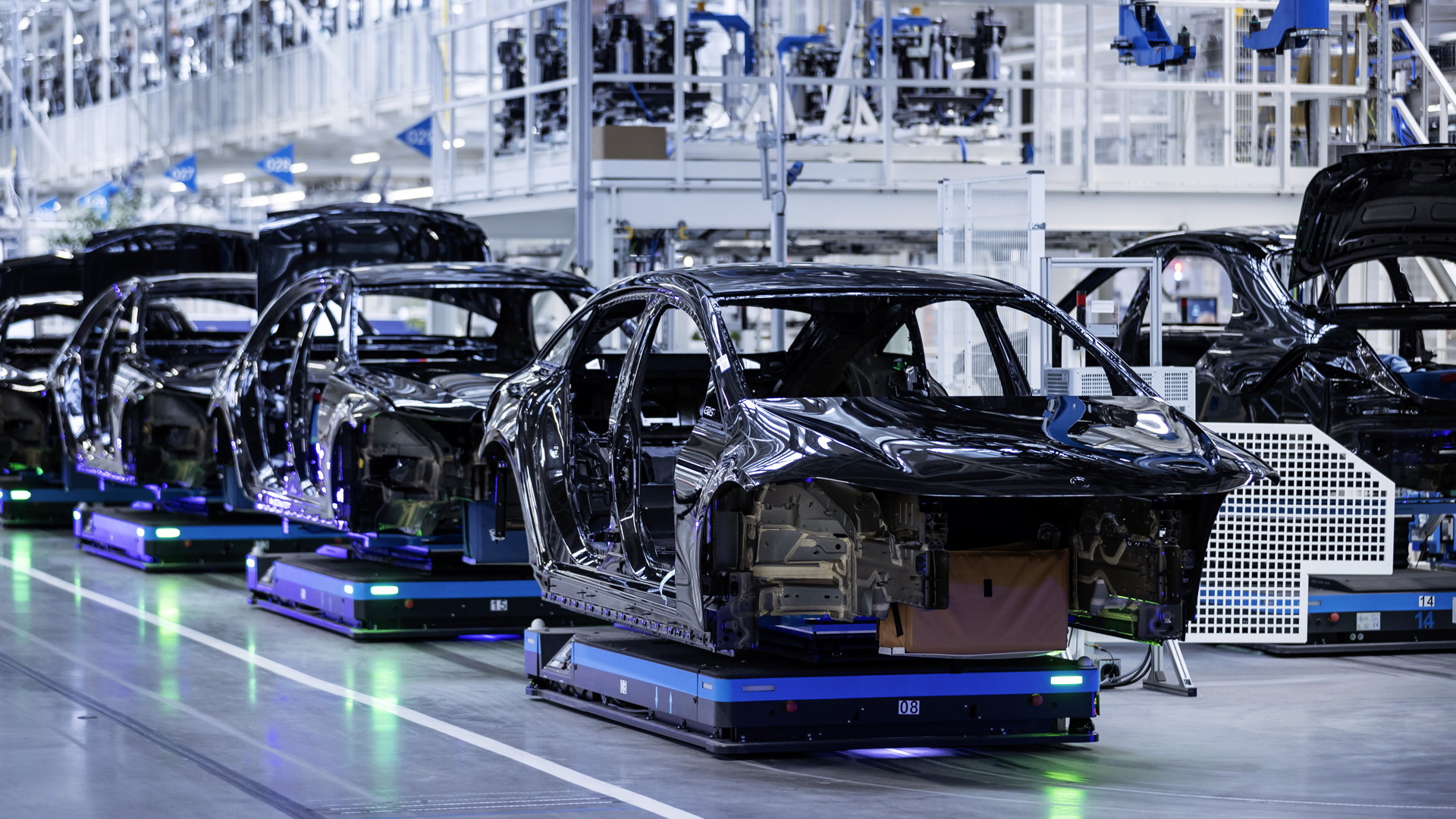In a world where consumerism and environmental consciousness collide, one must question the moral implications of marketing strategies aimed at young minds. The beloved Dr. Seuss character, the Lorax, known for his passionate defense of nature, has found himself entangled in controversy as he endorses the 2013 Mazda CX-5 crossover vehicle.
A Betrayal of Values
Seemingly incongruous with the Lorax’s mission to protect trees and advocate for sustainable living, this collaboration raises eyebrows among those who hold dear both children’s literature and environmental stewardship. Critics argue that using a character renowned for his ecological principles to promote a car is not only disingenuous but also sends conflicting messages about our responsibility towards nature.
By associating itself with such an iconic figure from children’s literature, Mazda seeks to tap into the hearts and minds of impressionable youngsters. However, this move begs us to consider whether it is ethically sound to exploit their innocence by promoting materialistic desires under the guise of conservation.
An Unsettling Influence on Young Minds
Children are highly susceptible to advertising tactics that manipulate their emotions and shape their preferences. By linking an environmentally conscious character like the Lorax with a product that contributes to carbon emissions and resource depletion, we risk instilling contradictory values in future generations.
This marketing strategy blurs lines between fiction and reality while undermining critical thinking skills necessary for navigating complex issues such as climate change. It fosters a culture where consumption takes precedence over sustainability—a dangerous path if we wish to preserve our planet for future inhabitants.
A Call for Responsible Advertising
We must hold corporations accountable for the messages they convey, especially when targeting vulnerable audiences. Instead of exploiting beloved characters to sell products that contradict their values, companies should invest in genuinely sustainable practices and educate children about responsible consumption.
Furthermore, parents and educators play a crucial role in guiding young minds towards a more conscientious understanding of consumerism. By fostering critical thinking skills and encouraging open discussions about advertising tactics, we can empower children to make informed choices based on genuine environmental concerns.
A Delicate Balance
In conclusion, the partnership between Seuss’s Lorax and the 2013 Mazda CX-5 crossover raises important questions regarding ethics in marketing to children. As consumers become increasingly aware of the impact their choices have on the environment, it is imperative that we scrutinize such collaborations carefully. Let us strive for a world where our commitment to sustainability aligns with our actions rather than being overshadowed by profit-driven motives.

